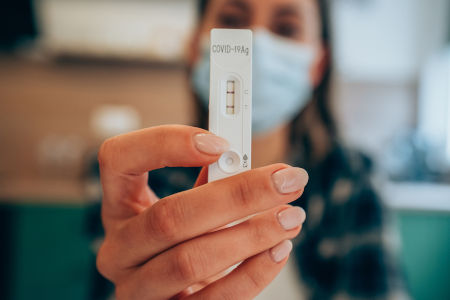Better Together | Risk Strategies Joins Brown & Brown
-
Industries
- Agriculture
- Architects & Engineers
- Aviation
- Cannabis
- Construction
- Dental
- Education
- Entertainment
- Financial Services
- Fine Art
- Healthcare
- Law Firms
- Logistics & Transportation
- Marine & Yacht
- Nonprofit & Human Services
- Private Equity
- Public Sector
- Real Estate
- Relocation
- Waste & Recycling
- Wineries & Vineyards
-
Solutions
-
- Private Client Services Overview
- Homeowners
- Flood
- Collections
- Umbrella & Excess Liability
- Auto
- Collector & Exotic Car
- Boat & Yacht
- Travel Medical & Trip Insurance
- Family Office
- Cyber Insurance - Family Office
- Cyber Insurance - Individuals
- Life Insurance
- Specialty Coverages
- Private Client Risk Resource Center
- Reinsurance
-
-
- Captives
-
- Contractors Pollution Liability
- Environmental Excess
- Environmental Liability Transfer
- Environmental Liability - Healthcare
- Environmental Liability - Higher Education
- Pollution Legal Liability
- Environmental Liability - Private Equity
- Professional Environmental Liability Insurance
- Real Estate Development
- Remediation Cost Cap
- Secured Creditor Protection for Lenders
- Underground Storage Tanks
- International
- Surety
-
- Private Client Services Overview
- Homeowners
- Flood
- Collections
- Umbrella & Excess Liability
- Auto
- Collector & Exotic Car
- Boat & Yacht
- Travel Medical & Trip Insurance
- Family Office
- Cyber Insurance - Family Office
- Cyber Insurance - Individuals
- Life Insurance
- Specialty Coverages
- Private Client Risk Resource Center
- Reinsurance
-
You are about to leave Risk Strategies website and view the content of an external website.
You are leaving risk-strategies.com
By accessing this link, you will be leaving Risk Strategies website and entering a website hosted by another party. Please be advised that you will no longer be subject to, or under the protection of, the privacy and security policies of Risk Strategies website. We encourage you to read and evaluate the privacy and security policies of the site you are entering, which may be different than those of Risk Strategies.






